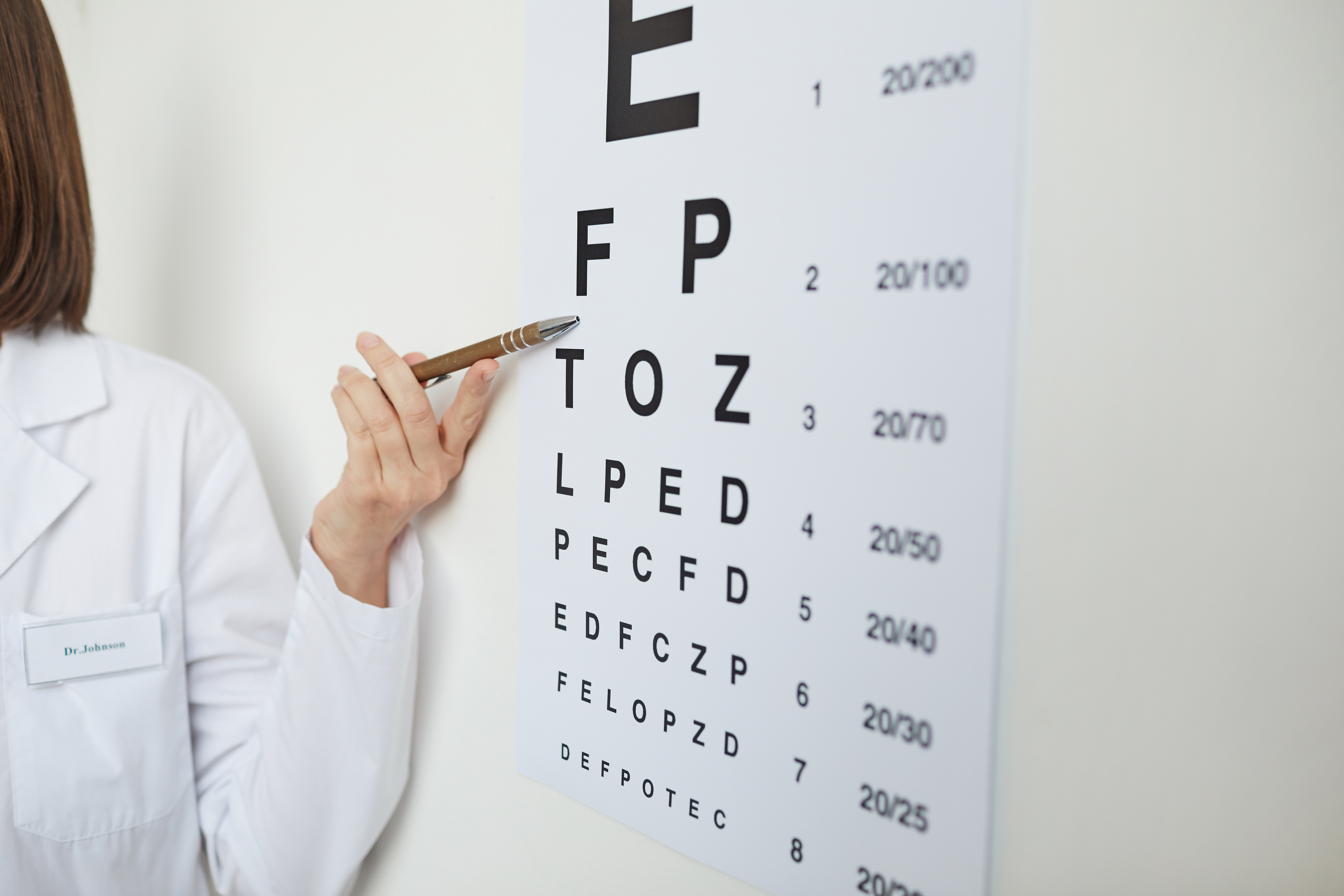by Pride Transport | Jan 11, 2023
Over-the-road trucking can take a toll on your body. Making time for physical fitness on (and off) the road can help to keep you healthy and driving for a long time.
But even if you feel like you’re in great shape, it’s important to schedule regular check-ups with your doctor to confirm that everything’s okay. And as long as you plan on trucking, you’ll need to undergo a regular physical exam anyway, regardless of your personal health plan. That’s because all truck drivers must take and pass the Department of Transportation (DOT) physical exam to earn and/or retain their CDL.
Keep reading to learn more about this health exam and other health screenings you might need to take as a truck driver.
What to Expect From the DOT Physical Exam
Drivers take the DOT medical exam every two years while they’re employed to drive commercial vehicles. The exam covers a wide range of physical and mental standards determined by the Federal Motor Carrier Safety Administration that drivers must meet in order to continue operating their vehicle.
This evaluation is similar to a standard physical in a lot of ways. Drivers will have their height, weight, and blood pressure recorded before moving on to the bulk of the exam. Some of the key areas include:
- Vision, as well as closer examination of the eyes
- Hearing, in addition to examining your ears
- Abdominal issues
- Chest and lungs
- Heart
- Extremities and joints
- Vascular system
Drivers with certain health conditions need to make those known prior to the exam. These conditions include hearing or vision problems, diabetes, or heart-related issues. In each of these cases, drivers should be prepared to bring some type of documentation from a medical professional verifying their condition. A driver can’t pass the DOT physical exam without having the right paperwork on file.
Certain health conditions will also prevent drivers from passing the test. These include the following:
- Cardiovascular or certain respiratory diseases
- Untreated high blood pressure
- Epilepsy or seizures
- Diabetes (if not properly managed)
- Poor eyesight (without the use of corrective lenses)
- Loss of one or more limbs
Keep in mind, though, that failing the exam doesn’t necessarily mean you can’t drive. Certain exceptions can be made depending on whether or not the condition is treatable or what a consulting physician says is appropriate. The FMCSA also makes exemptions in certain situations. If you’re not sure about your options, ask your doctor about medical questions, and consult your employer about driving options and accommodations.

Health Tests: Helping Keep Our Drivers Safe
Medical tests aren’t everyone’s favorite activity, and it’s normal for people to feel nervous before undergoing even routine health evaluations. These tests are essential because they ensure that you can continue to safely operate your vehicle, especially during extended trips. OTR drivers can be away from home base for long periods of time, and it’s important that they’re healthy enough to sustain these high-mileage trips.
Staying healthy and passing the DOT exam is also critically important because if drivers aren’t healthy enough to pass, they risk losing their CDL. So taking care of yourself and staying on top of doctors’ appointments is crucial to your livelihood in more ways than one!
There are other regular screenings drivers should consider scheduling in addition to their annual physical exams. Truck drivers in their 20s and 30s have different health risks than those in their 40s, 50s, and 60s. The longer you plan to be on the road, the more important it is to take your health seriously.
Do all companies test these things?
Every company that employs commercial vehicle drivers must test their drivers’ overall health. Drivers who don’t pass the DOT exam can’t hold a valid CDL. This requirement is in the best interest of everyone’s safety.
Learn More About Sleep and Vision Tests
While every part of the DOT physical exam is necessary, two areas are especially important: the sleep test and vision test.
Sleep tests
Your DOT exam might include a sleep test component. Sleep tests are an important part of truck driver health screenings because OTR driving involves operating your vehicle during non-traditional hours, including long nights on the road. Drivers must be able to get a good night’s sleep so that they are fully rested and alert for extended stretches of driving.
The most common sleep-related condition found among truck drivers is sleep apnea. In fact, almost one-third of commercial drivers have some form of this condition. People with sleep apnea have trouble breathing at night, which negatively affects their ability to sleep soundly.
Poor sleep leads to fatigue and an inability to concentrate. This puts both the truck driver and other drivers at potentially life-threatening risk, especially if sleep apnea goes undiagnosed or untreated. The Virginia Tech Transportation Institute found that “Truck drivers who have obstructive sleep apnea and who do not attempt to adhere to a mandated treatment program have a fivefold increase in the risk of a severe crash.”
Being diagnosed with sleep apnea doesn’t mean you immediately have to give up your CDL. Sleep apnea is treatable (most often with CPAP therapy), so talking through options with your doctor is key. As long as you are actively treating your condition and have the right medical documentation on file with your company, you should be able to continue operating your vehicle safely.
Vision tests
Unsurprisingly, excellent vision is extremely important for truck drivers. You rely on your eyesight to see you through traffic jams, snow, rain, and dark nights — in other words, good vision keeps you safe!
The current FMCSA lists its vision standards as follows:
- 20/40 acuity in each eye, with or without corrective lenses
- at least 70 degrees peripheral vision
- the ability to recognize the colors of standard traffic signals
Drivers don’t need to have naturally good eyesight to pass the DOT exam, but they do need to have corrective vision (whether glasses or contact lenses) with up-to-date prescriptions. Regular vision screenings between DOT exams will help ensure your prescription is always right.

Taking your health seriously isn’t just good for you in the long run; it’s good for your truck-driving career, too. Make a habit of addressing any medical concerns in between DOT exams and you’re on your way to always passing with flying colors.
We have curated all of our best tips about getting behind the wheel and more info about DOT testing here!